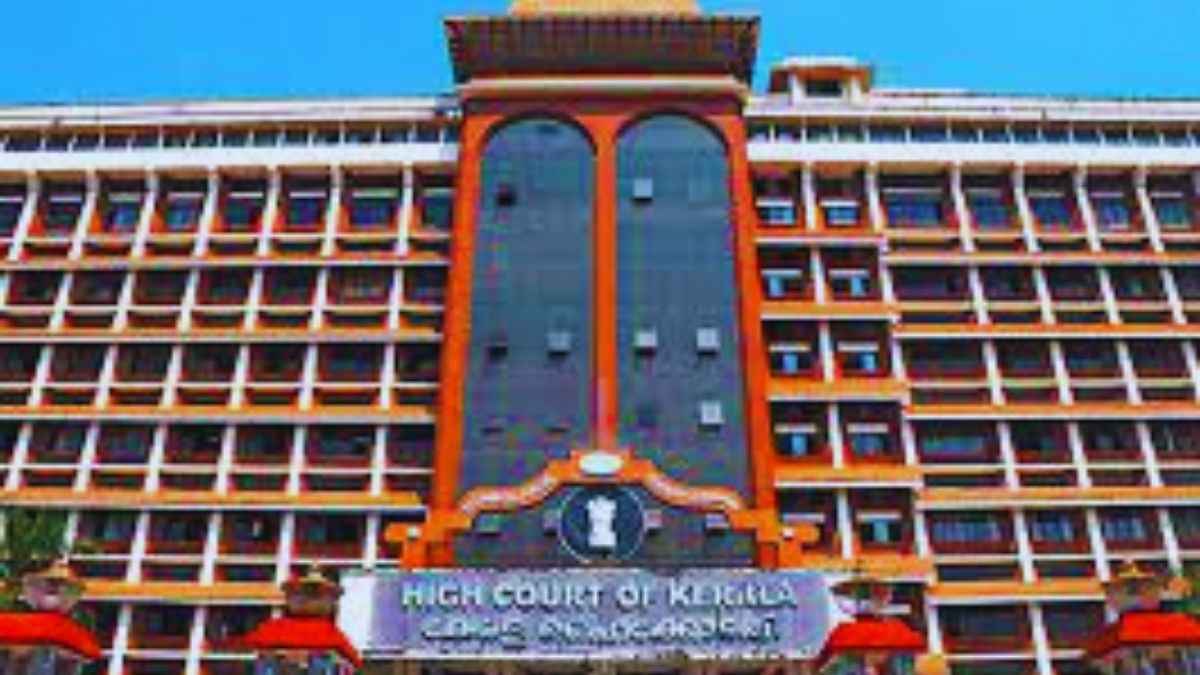To understand what the law says, it is first necessary to understand what the Kerala HC stated regarding the election of a Raja from Devikulam Assembly constituency situated in Idukki district. The court declared the election of CPI(M) legislator A. Raja void. The court held that being a baptized Christian, he is not eligible to contest for a seat reserved for members of the Scheduled Castes (SC).
facts of the case
D. Kumar, the petitioner, challenged the election of Raja in the year 2020 on the ground that the constituency for which the elections were to be held was actually reserved for the Scheduled Caste Hindus. According to Kumar, the latter did not belong to the scheduled caste among the Hindus of Kerala. A. Raja is actually a Christian. According to the petition, this is a clear violation of Section 5 of the Representation of Peoples Act, 1951.
D. Kumar lost the 2021 elections to A. Raja. Kumar’s plea alleged that Raja was a baptized Christian who cannot be considered part of the scheduled caste community after he changed his religion.
For several years, the courts have been discussing and reflecting on the question whether the status of the SC can encompass Muslims and Dalit Christians.
What does the Center have to say on this issue?
Last year, in November, the Supreme Court reflected on the issue in the case Center for Public Interest Litigation and another v. Union of India. The Central Government claimed in the case that the Constitutional (Inclusive Castes) Order, 1950 impugned in the case is actually based on historical data. Historical data establishes that “members of Christian or Islamic society never faced oppression or backwardness.”
The Center also submitted an affidavit stating that Dalits convert to Christianity or Islam because they want to get out of oppressive systems like untouchability in Hinduism. This clearly implies that such oppressive systems are not prevalent in Christianity or Islam.
To support its argument, the Center submitted a dissenting note to the report of the National Commission for Religious and Linguistic Minorities. He declared that both Christianity and Islam are foreign religions. These religions do not recognize the case system. Giving SC status to converts will, in a way, introduce the caste system in these religions as well.
On October 7, 2022, the Center created a three-member commission. The commission was headed by former Chief Justice of India KG Balakrishnan.
Constitutional order (castes included), 1950
In the year 1950, the Constitution (Scheduled Castes) Order was passed while the Constitution was being drafted. The Constitution (Scheduled Castes) Order was issued under Article 31 of the Constitution, which talks about the fact that the President can notify and specify the “castes, races or tribes or parts or groups within castes, races or tribes , which for the purposes of this Constitution shall be considered as Scheduled Caste”, for any state or UT.
The original order was passed in the year 1950. The order allowed only Hindus to come under the umbrella of the SCs. However, gradually the situation changed and was modified to incorporate the Sikhs in the year 1956, and then the Buddhists in the year 1990, due to immense political pressure. Despite all these amendments, there has been no provision to bring the backward communities among Muslims and Christians under the definition of CS.
Finland is the happiest country in the world according to a UN report!
Categories: Optical Illusion
Source: ptivs2.edu.vn
